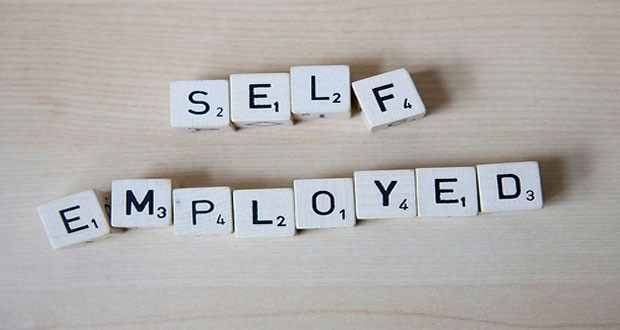Accounting and bookkeeping are often regarded as tedious consequences of running a business, regardless of whether you are operating as a limited company or a sole trader. Accounting and bookkeeping deals with the record keeping aspects of small business; it denotes the activity of recording financial transactions and activities of business in an accurate, detailed as well as systematic way.
Though bookkeeping is traditionally regarded as a ‘less fun’ part of beginning a business, it is the core of any business. Whenever people speak of setting up a business, they are afraid of the very prospect of recording financial transactions. Though hiring a financial expert is one of the priorities of most entrepreneurs in the process of company formation, remember there is little need to gain proficiency in Excel shortcuts to be your own bookkeeper.
Bookkeeping is just the practice of keeping a record of all invoices and receipts for statutory accounts, corporation tax and VAT claiming.
Here are a few ways to do things easily.
Maintain Proper Financial Records
Your accountant will be advising you what a business needs specifically. Generally, you need to maintain the following records.
- Cash Book
This refers to the payments coming in and going out of your bank account. Make sure to keep this updated right from the time of company formation. In a few months time, you will get to use this as a forecasting tool rather than as a historical record.
- Sales Invoice File
If you are using an accounting package, this can be used to issue as well as store invoices. If you are doing them manually with the aid of Word, try to keep a record. Store all the invoices in a chronological order. Keep the ones that you haven’t paid yet at the top. This will facilitate credit control.
- Buy Invoice Files
Get into the habit of making notes on the invoices when you are making the payment and how. Make sure to file them in a chronological order. This will make your life easy.
Retain the Source Documents
You need to keep the source documents to retain a record of the financial transactions. The source documents are original records of the transaction. It bears testimony to the statement that a transaction took place and supports the information stated in the accounting records. These documents are vital as it allows creating as well as maintaining accurate and comprehensive financial trail and aids in monitoring the cash flow.
Though HMRC does not usually checks the accounting records, there is always a chance to inspect them. Remember that the longer you are in business, higher are chances to be inspected at some point.
Here are a few source documents that you need to keep:
- Purchase orders
- Purchase and sales invoices
- Debit as well as credit card slips
- Loan and credit agreements
- Payment schedules from the bank
- Card machine rolls
- Cash register rolls
- Tax invoices
- Payroll records
- Cheque book details
- ATM receipts
- Deposit slip and bank statements
- Credit or debit notes
- Cancelled cheques
- Cash vouchers
Organise the source documents chronologically. While some of them will be in paper format, the others will be digital. Store the paper documents in the cabinet, binder or a box file. Keep the digital ones in properly marked folders that are organised in your computer logically.
Procure a Receipt or Invoice of Everything Purchased
The longer you remain in business, higher are your chances of VAT as well as tax investigation. Though you can always get the job done yourself, getting the help of a professional accountant will make the job simpler.
Get into the habit of keeping a piece of paper for all the transactions. If you are buying something online, print the invoice. It is better to collect papers as you go along, rather than trying to find them years later.
Separate Personal and Business Expenses
If you are running a limited company, business money is not your own even if you are the owner. As the Director of the company, you cannot spend company’s money on your own purchase unless they are legitimate business expense.
As a self-employed individual, you take drawings from business but you must maintain another bank account. Keep accounts as clean as possible by keeping personal as well as business finance separate.
With all the above details, you must be aware of the actions that you need to take when it comes to accounting and bookkeeping. You can either choose to manage the job yourself or outsource it to an expert.
Allan Lloyd works for The Company Wizard Ltd. He has adequate experience of handling different aspects of company formation as he has worked closely with several companies in the UK, helping them incorporate and registering them for VAT in the course of last few years. He is a freelance writer and editor. You can check out on his blog for tips on company formation & VAT registration.


















































































































































































